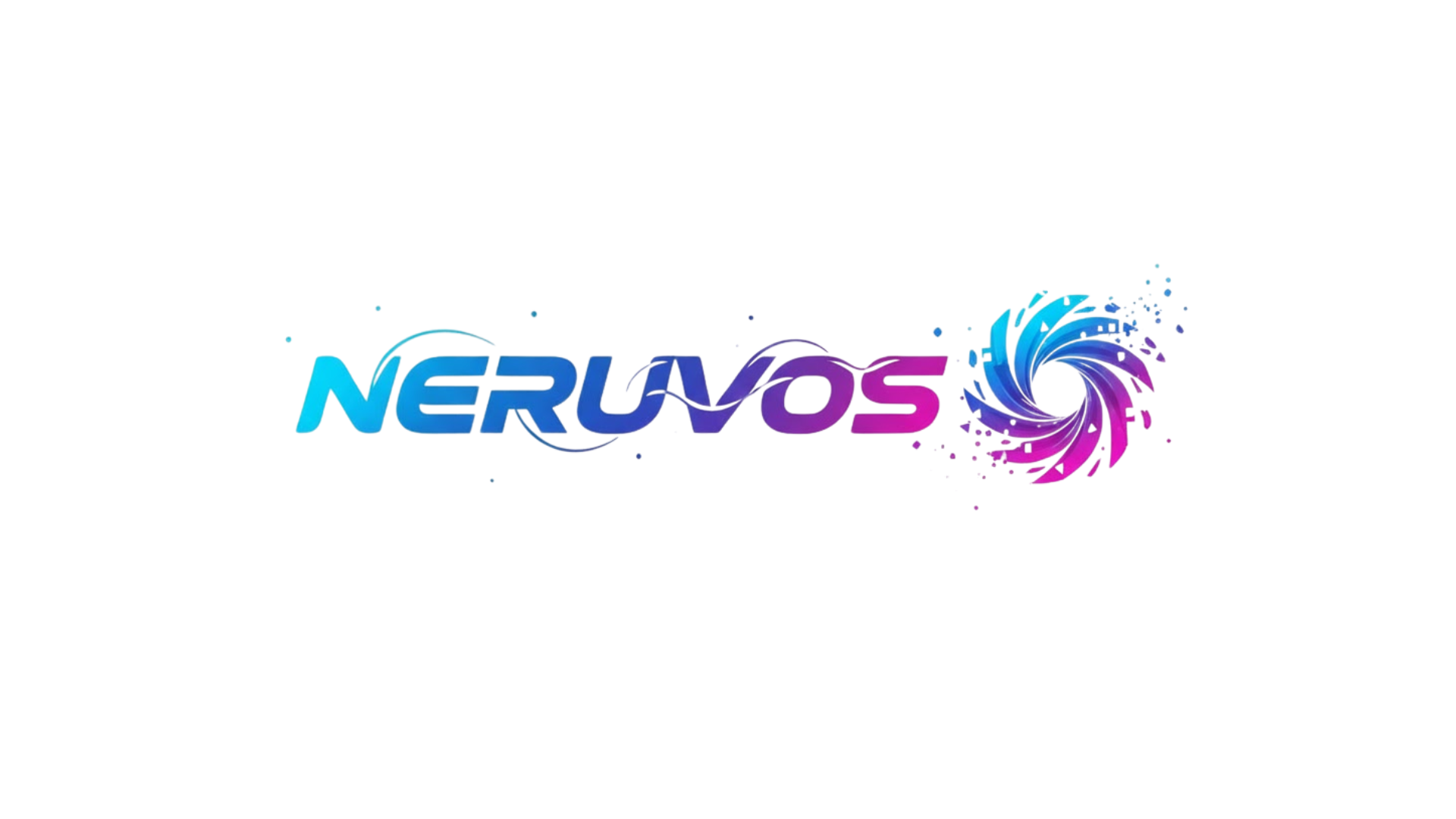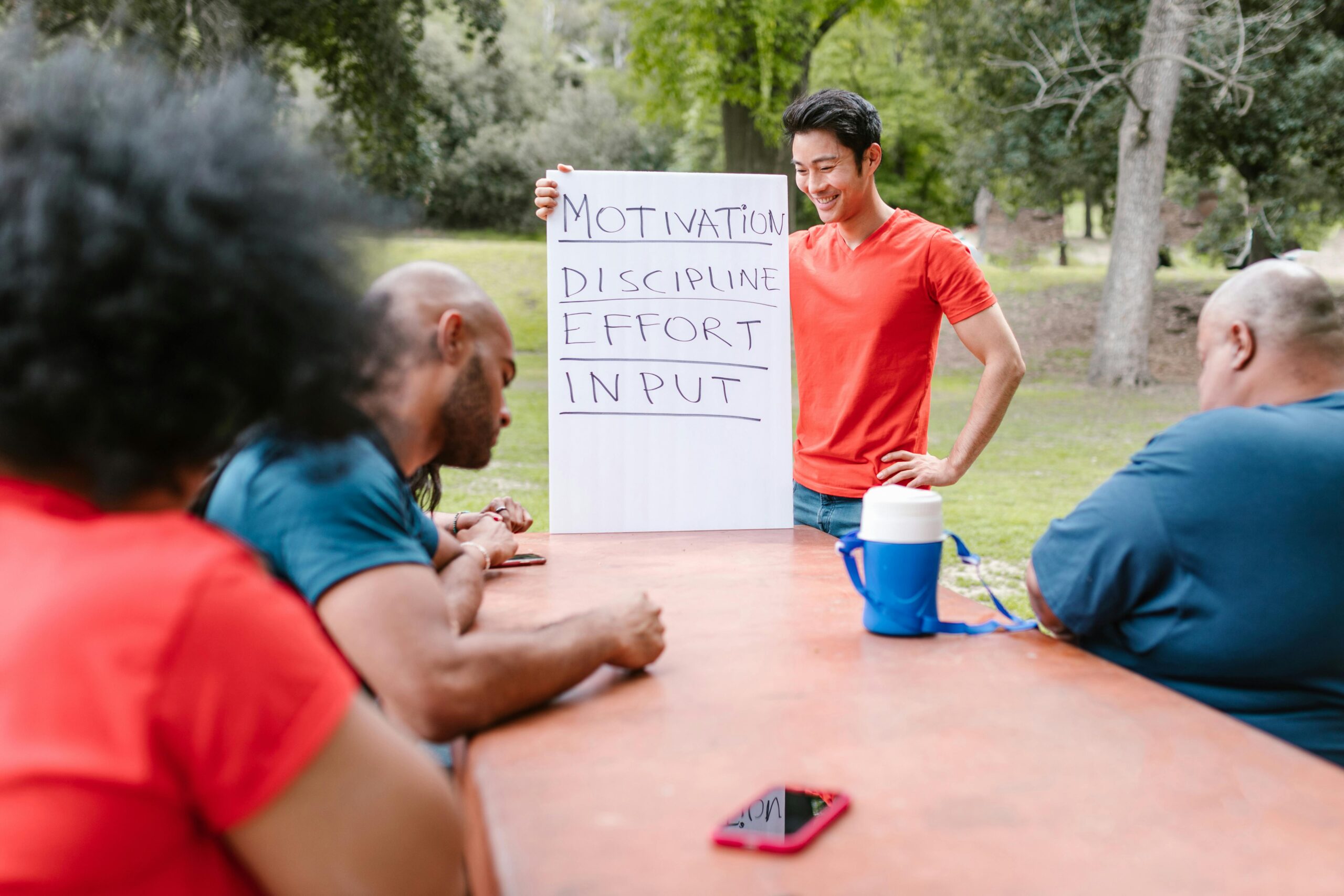Curiosity isn’t just a trait—it’s a powerful catalyst that can transform your professional journey and unlock doors you never knew existed. 🚀
In today’s rapidly evolving workplace, standing still means falling behind. The professionals who thrive aren’t necessarily the ones with the most experience or the highest qualifications—they’re the ones who ask questions, seek understanding, and remain perpetually hungry for knowledge. Curiosity has become one of the most valuable assets in any career toolkit, yet it’s often overlooked in favor of more traditional skills.
The connection between curiosity and career advancement isn’t accidental. When you approach your work with genuine interest and a desire to understand the “why” behind the “what,” you naturally position yourself for growth, innovation, and leadership opportunities. This article explores how cultivating curiosity can become your secret weapon for professional success.
Why Curiosity Matters More Than Ever in Modern Careers 🌟
The workplace has transformed dramatically over the past decade. Automation, artificial intelligence, and digital transformation have fundamentally altered how we work and what skills employers value. In this environment, technical knowledge alone isn’t enough—it becomes outdated too quickly.
Curious professionals possess an adaptive advantage. They don’t wait for training programs or formal education to update their skills. Instead, they actively seek out new information, experiment with emerging technologies, and ask questions that lead to breakthrough insights. This proactive approach to learning creates a competitive edge that’s difficult to replicate.
Research consistently shows that curious employees are more engaged, creative, and valuable to their organizations. They’re the ones who identify problems before they become crises, who spot opportunities others miss, and who drive innovation from within. Companies increasingly recognize this value, with many prioritizing curiosity in their hiring and promotion decisions.
The Neurological Foundation of Curiosity-Driven Success
Understanding how curiosity works in our brains helps explain its powerful impact on career development. When we’re curious about something, our brains release dopamine, creating a pleasurable sensation that motivates us to seek more information. This neurochemical reward system makes learning feel enjoyable rather than burdensome.
This biological mechanism has profound implications for professional development. When you’re genuinely curious about a project, industry trend, or new skill, you’re more likely to invest the time and effort needed to master it. The learning becomes self-sustaining rather than requiring constant willpower or external motivation.
Breaking Through Career Plateaus with Strategic Curiosity 💡
Many professionals hit a wall in their careers where progress seems to stall. You’ve mastered your current role, but advancement opportunities feel limited. This plateau often results from becoming too comfortable with existing knowledge and routines. Curiosity provides the antidote.
Strategic curiosity means deliberately exploring areas adjacent to your current expertise. If you’re in marketing, dive into data analytics. If you’re an engineer, learn about user experience design. These cross-functional insights don’t just make you more versatile—they position you as someone who can bridge different departments and perspectives, a quality highly valued in leadership positions.
The most successful career transitions often begin with curiosity about a tangential field. Someone in customer service who becomes curious about the technical aspects of product development might transition into product management. A finance professional who explores organizational psychology might move into executive coaching. Curiosity creates pathways that traditional career planning often misses.
Cultivating Curiosity as a Daily Practice
Like any skill, curiosity can be developed and strengthened through consistent practice. The key is making inquiry a habitual part of your professional routine rather than an occasional impulse. Here are practical approaches that successful professionals use:
- Question your assumptions: Challenge the “that’s how we’ve always done it” mentality by asking why current processes exist and whether better alternatives might work.
- Embrace beginner’s mind: Approach familiar situations as if experiencing them for the first time, noticing details you previously overlooked.
- Follow your interests: When something captures your attention, even if it seems unrelated to your immediate work, explore it—unexpected connections often emerge.
- Seek diverse perspectives: Regularly engage with people from different departments, industries, and backgrounds to expand your thinking.
- Document your questions: Keep a running list of things you wonder about, then systematically investigate them during dedicated learning time.
Curiosity-Driven Networking: Building Relationships That Matter 🤝
Networking often feels transactional and uncomfortable, but curiosity transforms it into something genuinely valuable. When you approach professional relationships with authentic interest in others’ experiences, expertise, and perspectives, networking becomes natural rather than forced.
Curious networkers ask thoughtful questions and listen actively to the answers. They’re interested in understanding people’s career journeys, the challenges they’ve overcome, and the insights they’ve gained. This approach creates meaningful connections that lead to mentorship opportunities, collaborations, and career advancement.
The most valuable professional relationships aren’t built on what someone can do for you immediately—they’re built on genuine curiosity about their work and mutual learning. These authentic connections tend to be reciprocal, with both parties benefiting from the exchange of ideas and perspectives.
Asking Better Questions in Professional Settings
The quality of your questions directly impacts the quality of insights you gain. Moving beyond surface-level inquiries to questions that probe deeper demonstrates intellectual curiosity and often reveals information others miss.
Instead of asking “What do you do?” try “What problem are you most excited about solving right now?” Rather than “How did you get your job?” ask “What skills turned out to be more important than you expected in your role?” These reframed questions invite richer responses and create more engaging conversations.
Innovation Through Inquisitive Thinking 🔍
Innovation doesn’t typically emerge from having all the answers—it comes from asking questions nobody else is asking. The most transformative business ideas often begin with someone wondering “what if?” or “why not?” Cultivating this inquisitive approach to problem-solving can significantly enhance your value within any organization.
Curious professionals don’t accept problems at face value. They investigate root causes, explore alternative explanations, and consider solutions from multiple angles. This thoroughness leads to more effective problem-solving and positions you as someone who thinks critically rather than superficially.
Companies desperately need employees who can think beyond established parameters. Markets shift, technologies evolve, and customer preferences change—organizations that can adapt survive, while rigid ones fail. Curious employees drive this adaptability by constantly questioning whether current approaches remain optimal.
Creating a Personal Innovation Pipeline
You don’t need to wait for your organization to prioritize innovation—you can create your own pipeline of ideas and improvements. Start by identifying aspects of your work that frustrate you or seem inefficient. Apply curiosity to understanding why these issues exist and what alternatives might work better.
Small improvements compound over time. Maybe you discover a more efficient workflow, identify a customer pain point others missed, or find a way to enhance team collaboration. These contributions demonstrate initiative and problem-solving ability—qualities that accelerate career advancement.
Learning Agility: The Career Superpower Curiosity Enables ⚡
Learning agility—the ability to quickly acquire new skills and apply them effectively—has become one of the most sought-after professional capabilities. Organizations facing constant change need people who can adapt rapidly, and curiosity is the engine that powers this adaptability.
Curious professionals don’t feel threatened by change—they’re energized by it. When new technologies emerge or business models shift, they’re among the first to explore implications and opportunities. This proactive stance toward change creates career resilience, making you valuable regardless of how your industry evolves.
The half-life of professional skills continues to shrink. What you learned in school—or even last year—may already be outdated. Continuous learning isn’t optional; it’s essential. Curiosity makes this continuous learning sustainable by transforming it from an obligation into an engaging pursuit.
Building Your Personal Learning Ecosystem
Effective learning in the modern era requires more than occasional courses or workshops. It demands creating an ecosystem that continuously exposes you to new ideas and perspectives. Curious professionals intentionally design this ecosystem to support their growth.
This might include following thought leaders in your field, participating in online communities, attending conferences (virtual or in-person), experimenting with new tools and technologies, or engaging in cross-functional projects. The specific components matter less than the consistent commitment to intellectual expansion.
Overcoming Curiosity Blockers in Corporate Environments 🚧
Despite curiosity’s obvious benefits, many workplace cultures inadvertently suppress it. Tight deadlines, rigid processes, and hierarchical structures can all discourage questioning and exploration. Recognizing and navigating these obstacles is crucial for maintaining your curious mindset.
Time pressure is perhaps the most common curiosity killer. When every moment is scheduled and deadlines loom, taking time to explore, question, or learn something new feels irresponsible. However, this short-term thinking ultimately limits long-term effectiveness and innovation.
Protecting time for curiosity-driven exploration requires intentionality. This might mean blocking calendar time for learning, setting boundaries around reactive work, or negotiating project timelines that include discovery phases. Treating curiosity as essential rather than optional helps justify this time investment.
Navigating Political Resistance to Questions
Some workplace cultures interpret questioning as criticism or insubordination. In these environments, curiosity requires diplomatic finesse. Frame questions constructively, showing genuine interest in understanding rather than challenging. Seek private conversations for sensitive inquiries rather than putting people on the spot publicly.
Building credibility through consistent performance creates latitude for curiosity. When leaders trust your judgment and commitment, they’re more likely to welcome your questions as valuable input rather than problematic disruption.
Measuring the Career Impact of Curiosity 📊
While curiosity’s benefits may seem abstract, its career impact can be surprisingly tangible. Tracking specific outcomes helps reinforce the value of maintaining a curious mindset and provides concrete evidence during performance reviews and advancement discussions.
Consider documenting instances where curiosity led to measurable results: process improvements you initiated, problems you identified before they became critical, cross-functional collaborations you facilitated, or skills you acquired that expanded your capabilities. These concrete examples demonstrate curiosity’s practical value.
Career advancement isn’t just about doing your current job well—it’s about showing potential for greater responsibilities. Curiosity signals this potential by demonstrating your capacity for growth, adaptation, and strategic thinking. Leaders look for people who can handle tomorrow’s challenges, not just today’s tasks.
Sustaining Curiosity Through Career Transitions and Challenges 🌱
Maintaining curiosity during difficult periods—job losses, career transitions, organizational upheaval—can feel particularly challenging yet especially important. These moments often determine future trajectory, and curiosity provides the resilience and creativity needed to navigate them successfully.
When facing career setbacks, curiosity reframes the experience from failure to learning opportunity. What can this teach you? What new directions might it open? Which skills do you need to develop? This investigative approach maintains momentum and prevents the paralysis that derails many careers.
Career transitions—whether voluntary or involuntary—benefit enormously from curious exploration. Rather than rushing to recreate your previous role, investigate adjacent possibilities, emerging fields, and alternative applications of your skills. Some of the most satisfying career pivots emerge from curiosity-driven exploration during transitional periods.
Curiosity as a Source of Professional Resilience
The modern career rarely follows a linear path. Layoffs happen, industries contract, companies restructure, and technologies disrupt. Curiosity builds the adaptability and resourcefulness needed to weather these inevitable storms and even find opportunities within them.
Curious professionals maintain broader networks, possess more diverse skills, and spot emerging opportunities sooner than those who remain narrowly focused. This peripheral vision creates options when primary paths close and positions you to capitalize on change rather than merely survive it.

Transforming Curiosity into Career Momentum 🎯
Curiosity becomes truly powerful when channeled strategically toward career goals. Random exploration has value, but directed curiosity—focused on areas that align with your professional aspirations—accelerates advancement more effectively.
Identify gaps between your current capabilities and your target role or industry. What skills, knowledge, or experiences separate where you are from where you want to be? Apply curiosity systematically to closing these gaps through research, experimentation, and deliberate practice.
This strategic approach doesn’t mean abandoning spontaneous interests. The most valuable discoveries often emerge from unexpected connections between disparate fields. Balance targeted learning with exploratory curiosity, allowing room for serendipity while maintaining forward momentum toward defined goals.
The professionals who will thrive in tomorrow’s workplace aren’t those with the most credentials or longest experience—they’re the perpetually curious ones who never stop learning, questioning, and growing. Your career potential isn’t fixed by your background or current position; it’s limited only by your willingness to remain curious about what’s possible.
Starting today, commit to asking one more question than feels comfortable, exploring one topic outside your immediate expertise, or connecting with one person whose perspective differs from yours. These small acts of curiosity compound into transformative career momentum. Your future self—successful, fulfilled, and continuously evolving—will thank you for nurturing the curiosity that makes it all possible. 🌟
Toni Santos is an education futurist and learning design researcher dedicated to reimagining how people build skills in a fast-changing world. With a focus on cognitive tools, EdTech innovation, and equitable access, Toni explores systems that help learners think deeper, adapt faster, and learn for life. Fascinated by the science of learning and the power of technology to personalize growth, Toni’s journey bridges classrooms, startups, and global initiatives. Each project he shares is an invitation to transform education into a continuous, human-centered experience—where curiosity, practice, and purpose align. Blending learning science, product design, and policy insight, Toni studies models that turn knowledge into capability at scale. His work highlights how thoughtful design and inclusive technology can unlock talent everywhere—across ages, cultures, and contexts. His work is a tribute to: Cognitive learning tools that make thinking visible and transferable EdTech innovation that expands access and personalizes pathways Lifelong learning systems that support relevance, resilience, and purpose Whether you’re building a learning product, shaping policy, or growing your own skills, Toni Santos invites you to design learning for tomorrow—one insight, one practice, one empowering pathway at a time.




